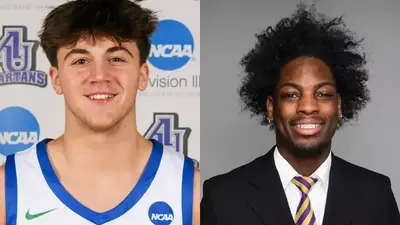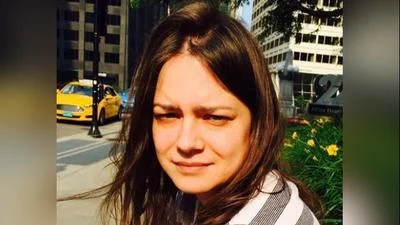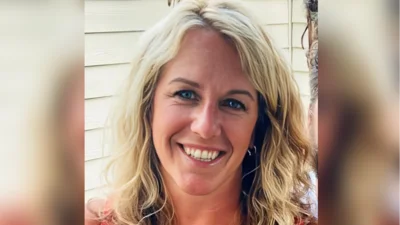Saying the law is essentially antiquated and violates the equal protection rights of divorced parents, a DuPage County judge has found a state law requiring divorced couples to fund their children’s college education to be unconstitutional.
On May 4, DuPage County Circuit Court Judge Thomas A. Else ruled the 40-year-old Illinois law cannot be used to force a divorced father to pay against his will for his daughter to attend what he believes to be a Florida “party school,” rather than a school elsewhere that offers the academic coursework he believes his daughter should be taking to pursue her purported chosen major.
Charles D. Yakich and Rosemary A. Aulds are the divorced parents of a daughter, Dylan; Yakich had primary custody, according to the court decision. Dylan and her mother allegedly determined she would attend Florida Gulf Coast University, although it does not offer a degree in her chosen field of marine biology. Yakich, who detailed how he encouraged and supported Dylan’s interest in marine biology, said he would fully pay for college if Dylan transferred to Scripps Institute of Oceanography in San Diego or the University of Hawaii, but his offer was refused.
On July 22, 2016, when Dylan was 21, a DuPage County Circuit Court heard Aulds’ petition under a state law seeking to require a financial contribution from Yakich for Dylan’s college expenses. The court ordered both parents to contribute 40 percent each and Dylan to cover the remaining 20 percent through grants, scholarships, work study or employment. However, Dylan did not apply for grants or scholarships or get a job, and Aulds paid her portion.
Yakich filed a motion Sept. 23, 2016, seeking to have the state law under which he had been ordered to pay for his daughter’s college tuition declared unconstitutional. On Oct. 6, the Illinois Attorney General’s Office gave notice it wouldn’t intervene in the dispute.
On Jan. 11, 2017, Yakich filed another motion, seeking to have his obligation of support terminated or modified based on Dylan’s noncompliance with the earlier order. The court denied that motion based in part on a determination Yakich wasn’t damaged monetarily by his daughter’s actions. Yakich filed another motion seeking to have the law struck down Aug. 1, 2017, the motion upon which Else has now ruled.
According to Yakich’s motion, the educational expenses law doesn’t contain provisions for input of either parent as to choice of school. Further, he said the law requires divorced parents to fund college expenses while not requiring the same of married couples, thus creating two classes of children, meaning Yakich is denied rights enjoyed by married or single parents to make decisions about his children’s education.
Else explained that, while a 1978 Supreme Court of Illinois decision in Kujawinski v. Kujawinski upheld the relevant section of the Illinois Marriage and Dissolution of Marriage Act, there has been a cultural evolution in the ensuing 40 years. In 2018, fewer than half of families have two parents in one home.
“The rational basis standard utilized in Kujawinski presumes that never married or divorced couples are less normal, and less likely to provide post-secondary education for their offspring than couples who are married, or single parents. While this may have been true in 1978, there is no basis for such a conclusion today,” the judge wrote.
Among the cases he cited in support was the 2000 U.S. Supreme Court opinion in Troxel v. Granville, in which Justice Sandra Day O’Connor wrote “the demographic changes of the past century make it difficult to speak of an average American family.”
Else further clarified that Yakich’s argument is not that he shouldn’t pay for college — which he offered to do in full — but that he was forced to do so without any input on where she enrolled. Were he and Aulds married, “and if his daughter wished to attend what is colloquially described as a ‘party’ school, she would do so on her own,” Else wrote.
In determining Yakich was denied equal protection rights, Else also said the law “cannot reasonably be construed in a manner that would preserve its validity in this case.” He formally vacated the July 16, 2016, order and ruled the law unconstitutional.
Yakich is represented in the case by attorney Vincent DiTomasso, of the firm of DiTomasso Lubin Austermuehle P.C., of Oakbrook Terrace.






 Alerts Sign-up
Alerts Sign-up